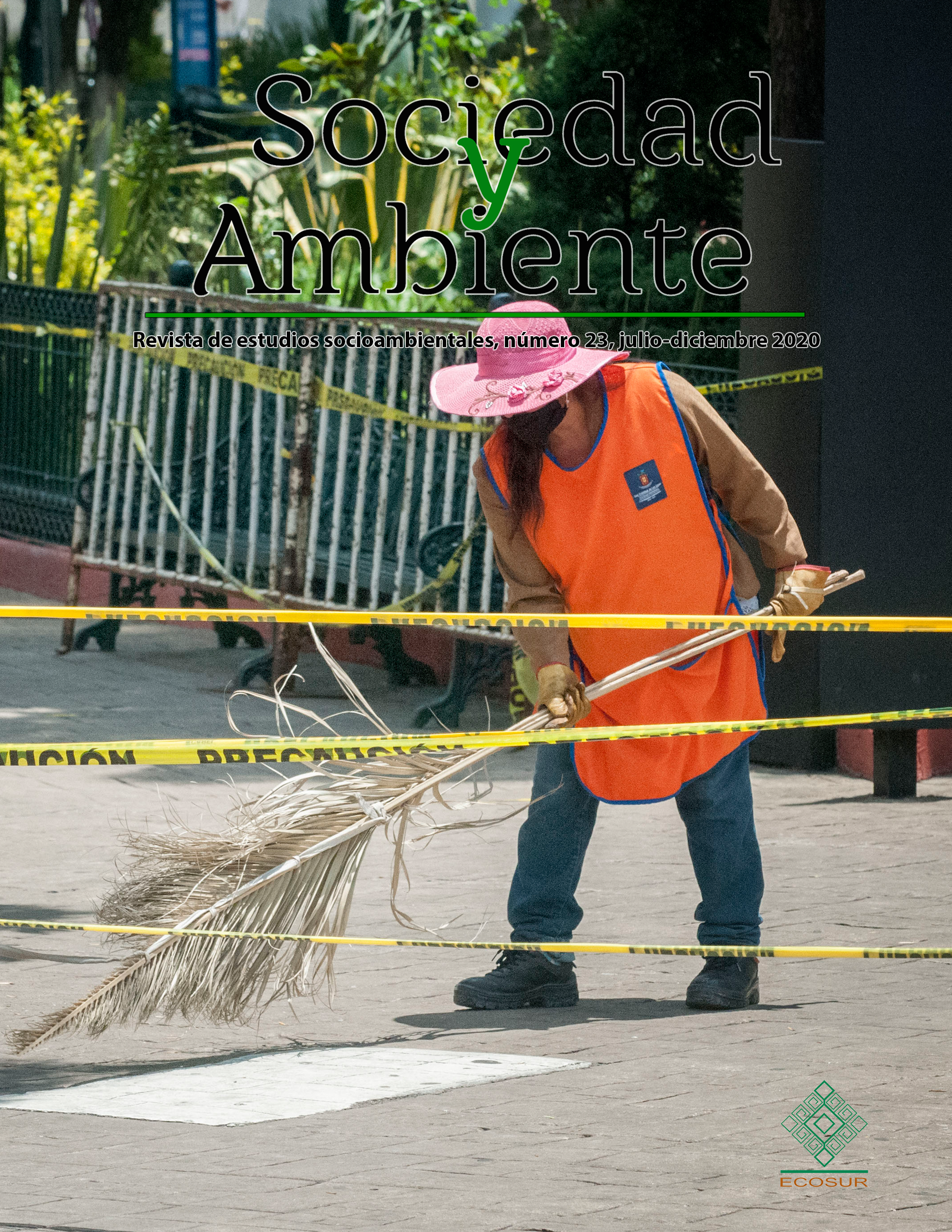Resumen
La falta de acceso a fuentes de agua segura es un problema en el Caribe Mexicano, particularmente en comunidades con irregularidad en servicios. Ante esto, la captación de agua de lluvia (CALL) podría representar una alternativa para satisfacer necesidades básicas. Sin embargo, los esquemas de implementación a menudo son verticales y jerárquicos. En este trabajo se aportó conocimiento sobre las percepciones y formas de uso del agua de lluvia, para contribuir a la toma decisiones. La información se obtuvo mediante observaciones etnográficas y encuestas a 60 representantes de hogar de una muestra de 253 viviendas en la comunidad de Puerto Morelos, Quintana Roo. El 95 % de los encuestados fueron foráneos, por lo que sus percepciones y formas de manejo del recurso fueron heterogéneas: desde sistemas simples (cubetas y tambos) hasta sistemas complejos integrados a las viviendas. En general, la CALL cuenta con una percepción positiva por parte de la población estudiada, lo cual permitiría su implementación en proyectos más estructurados que promuevan el mejoramiento de las técnicas de captación en la localidad.

Sociedad y Ambiente cuenta con una licencia Creative Commons Atribución/Reconocimiento-NoComercial-CompartirIgual 4.0 Internacional


